Risk of production disruption
Bac Giang has about 200 enterprises exporting to the US market. Of which, the industrial parks alone have 31 direct exporting enterprises and dozens of supporting enterprises (enterprises exporting 100% and partially exporting) in fields such as: Electronics, high-end wood manufacturing, solar panels, mechanical engineering. The field with large export output is electronics, including enterprises in the Foxconn ecosystem (6 enterprises), Luxshare (2 enterprises) and 11 other enterprises; the solar panel manufacturing sector has 5 enterprises exporting finished products (12 supporting enterprises for these 5 exporting enterprises)...
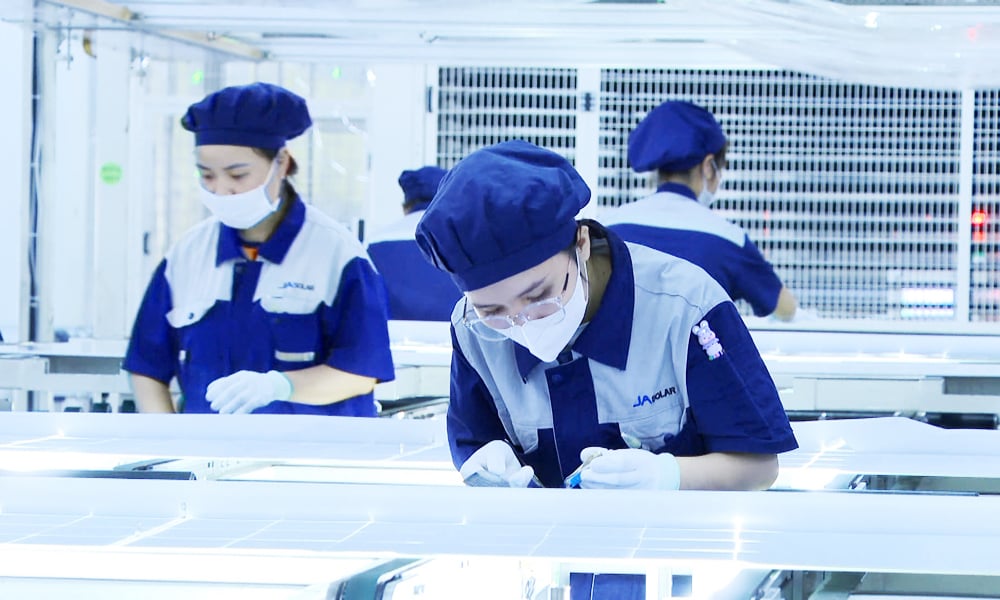 |
Production line at JASolar Vietnam Co., Ltd. |
According to Bac Giang Customs, in 2024, direct export turnover to the US market will reach more than 13.1 billion USD, accounting for nearly 40% of the total export revenue of the whole province. In the first quarter of this year, the export value to this market continued to reach high levels with more than 4.5 billion USD from 176 enterprises. The value of goods exported to the US accounts for a high proportion of the province's export turnover, so when the US increases reciprocal taxes, it will cause many difficulties for businesses.
According to the Provincial Industrial Parks Management Board, the US application of the reciprocal tax policy will affect the employment of more than 80,000 workers out of a total of about 222,000 workers in industrial parks. Export revenue of industrial park enterprises to the US market is at risk of decreasing by more than 10 billion USD.
Some analysts say that when the US imposes reciprocal tariffs, production costs will increase and competitiveness will decline, leading to a risk of disruption in the supply chain. If a 46% reciprocal tariff is applied, product prices will increase, causing goods produced in Vietnam to lose their advantage in the US market.
Many businesses are at risk of losing orders in the US market and having production interrupted due to restructuring and finding new markets. Representatives of many businesses in the province shared that some US customers are considering transferring orders to other countries that enjoy lower reciprocal tax policies or delaying order times. This could disrupt production and delivery plans.
Businesses say that the US has increased its inspection of rules of origin, causing customs clearance times to be extended and compliance costs to increase. The domestic supply chain has also been affected, creating great pressure on the entire production chain of businesses. In the current context, there is a possibility that current orders to the US market will be cut, affecting workers' jobs. At the same time, businesses should consider and be cautious in evaluating investment plans for expansion projects and new investment projects in Vietnam; consider the option of moving investment to other countries with lower tax rates.
Exploit advantages, expand market
Based on the assessment of the actual situation, the province has directed urgent support for businesses that are likely to be affected by the US tariff policy. According to Mr. Luong Van Nghiep, Deputy Director of the Department of Finance, the Department recommends that businesses take advantage of the "golden time" (the US postpones the imposition of reciprocal tariffs for 90 days) to boost production and business, increasing export value. The Department of Industry and Trade has provided information and guidance for businesses to take advantage of free trade agreements to shift exports to new potential markets.
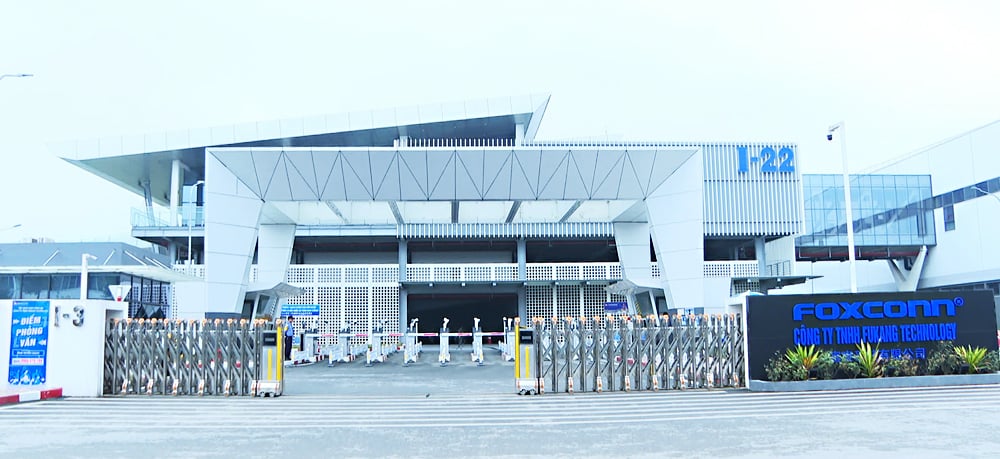 |
Fukang Technology Co., Ltd. is one of the enterprises with high export turnover to the US market. |
Mr. Nguyen Van Quy, Deputy Head of the Provincial Industrial Park Management Board, informed that enterprises in the industrial park exporting to the United States are focusing on production according to plan, ensuring orders for partners. Some enterprises continue to recruit workers, work overtime, and increase products.
Woob Bestt Vietnam Co., Ltd. (Lang Giang) is a foreign-invested enterprise specializing in the production of high-quality plywood for domestic consumption and export to Thailand and the United States. In the first quarter of this year alone, the Company exported more than 1,200 m3 to the United States, accounting for 50% of total exports and higher than the same period last year. Currently, taking advantage of the time when the United States has not imposed reciprocal taxes, the Company is focusing on production, meeting orders on time for US partners; at the same time, seeking and negotiating to expand the domestic market and export to Europe and Southeast Asia.
Faced with the above situation, some businesses have proposed that in addition to extending the deadline for payment of value added tax, corporate income tax, personal income tax and land rent in 2025 according to Decree No. 82 dated April 2, 2025, the Government should study and consider continuing to have support policies such as: Reducing import tax on input materials; providing preferential credit to help businesses maintain operations and stabilize the workforce... Consider restructuring the supply chain, focusing on developing domestic supply chains to reduce dependence on imports and increase the localization rate.
Enterprises also requested the Provincial People's Committee to report and propose to the Government to implement solutions to continue stabilizing the macro- economy , controlling inflation, stabilizing the domestic investment and business environment; restructuring the market and orienting investment attraction, continuing to improve and simplify customs procedures, speeding up customs clearance time; increasing investment and upgrading logistics infrastructure to reduce storage and transportation costs.
Increase timely updates of information and policies so that businesses can proactively respond to situations, minimizing risks and losses. Direct specialized agencies to guide businesses to strictly comply with international regulations and practices on goods origin (C/O).
Many opinions say that, in the context of the US imposing high reciprocal tariffs, free trade agreements are considered as “great highways”, creating outstanding advantages to promote trade exchanges between countries; an “open door” connecting our country’s economy with the world. Therefore, it is necessary to exploit the advantages of the agreements that Vietnam has signed, increasing competitive advantages. Enterprises also need to actively and proactively seek and expand new markets, reducing dependence on a certain market.
Source: https://baobacgiang.vn/ung-pho-voi-chinh-sach-thue-moi-cua-hoa-ky-da-dang-thi-truong-day-manh-xuat-khau-postid416361.bbg





![[Photo] More than 17,000 candidates participate in the 2025 SPT Competency Assessment Test of Hanoi National University of Education](https://vphoto.vietnam.vn/thumb/1200x675/vietnam/resource/IMAGE/2025/5/17/e538d9a1636c407cbb211b314e6303fd)
![[Photo] Prime Minister Pham Minh Chinh chairs meeting on science and technology development](https://vphoto.vietnam.vn/thumb/1200x675/vietnam/resource/IMAGE/2025/5/17/ae80dd74c384439789b12013c738a045)
![[Photo] Readers line up to visit the photo exhibition and receive a special publication commemorating the 135th birthday of President Ho Chi Minh at Nhan Dan Newspaper](https://vphoto.vietnam.vn/thumb/1200x675/vietnam/resource/IMAGE/2025/5/17/85b3197fc6bd43e6a9ee4db15101005b)
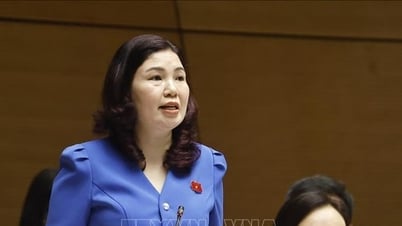





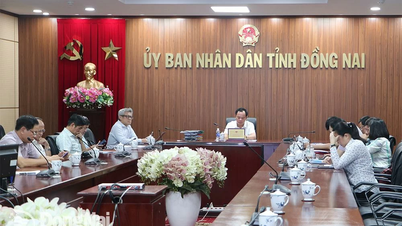







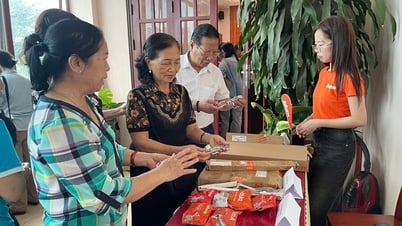
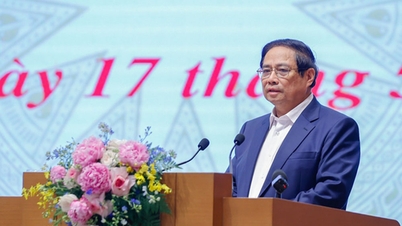
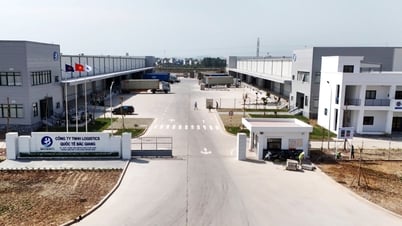
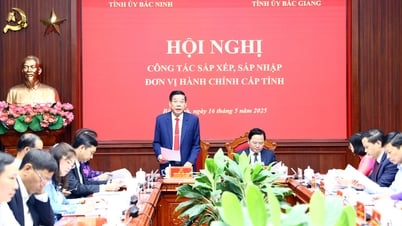
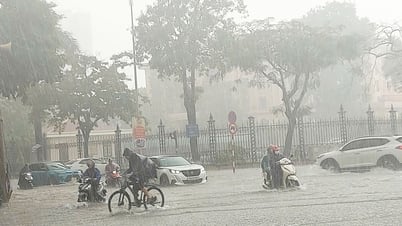
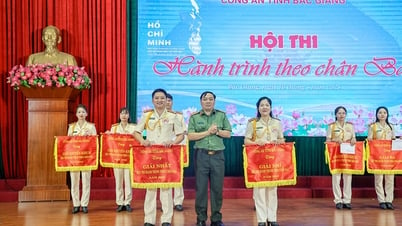
![[Photo] Nearly 3,000 students moved by stories about soldiers](https://vphoto.vietnam.vn/thumb/1200x675/vietnam/resource/IMAGE/2025/5/17/21da57c8241e42438b423eaa37215e0e)









































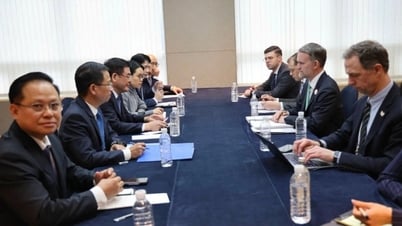













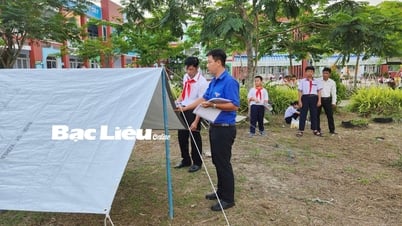


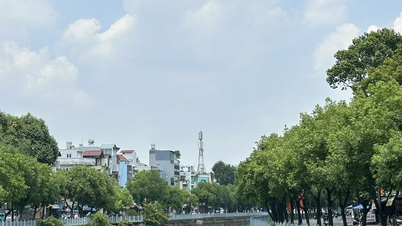
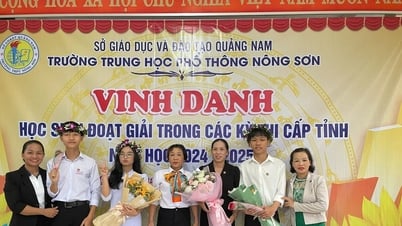

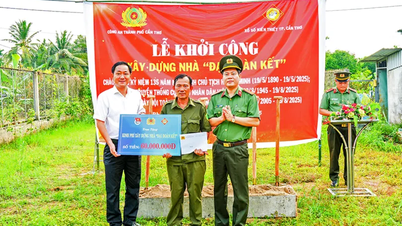











Comment (0)